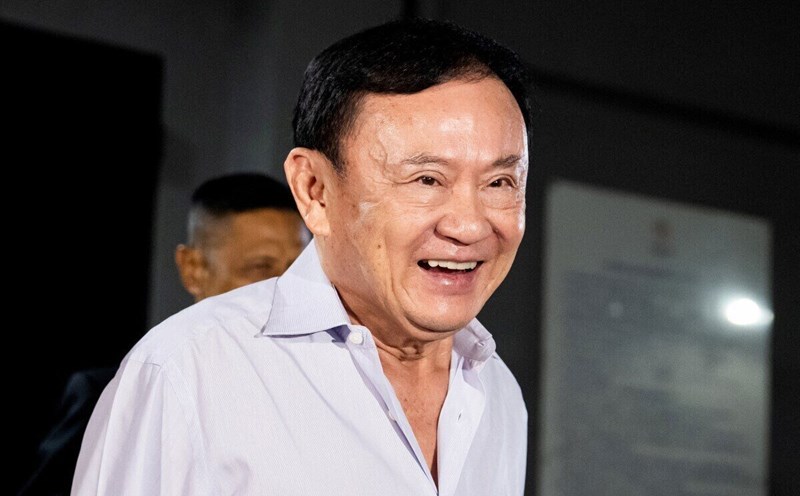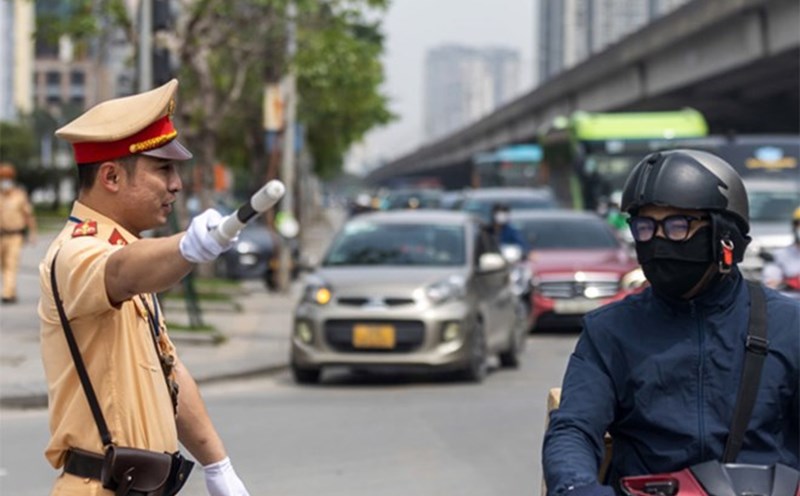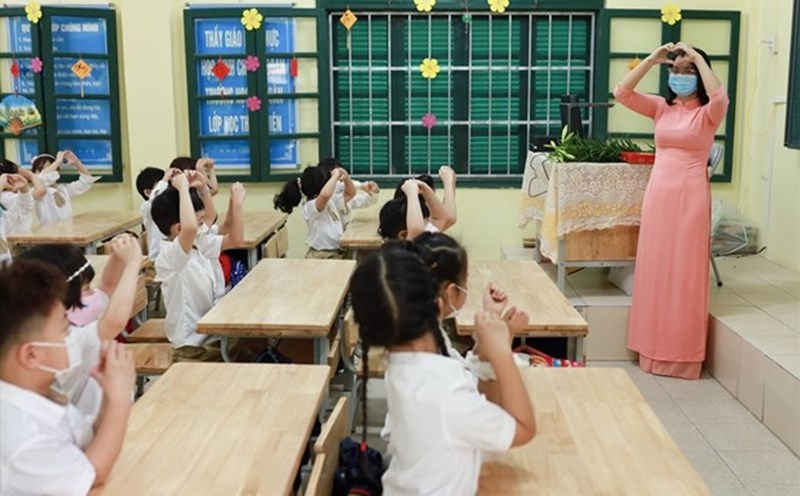On September 4, the Vietnam Rice Industry Association coordinated with the Vietnam Crop Seed Trading Association to organize a seminar on "Scientific solutions to improve the quality of rice and rice seeds".
Assessing the current status of rice variety production in Vietnam, Mr. Tran Xuan Dinh - Vice Chairman and General Secretary of the Vietnam Crop Seed Trading Association - said that variety is one of the important input factors of the rice value chain. Before 2010, most of the nationally recognized breeds were selected for breeding using traditional crossbreeding methods, causing artificial breakthroughs.
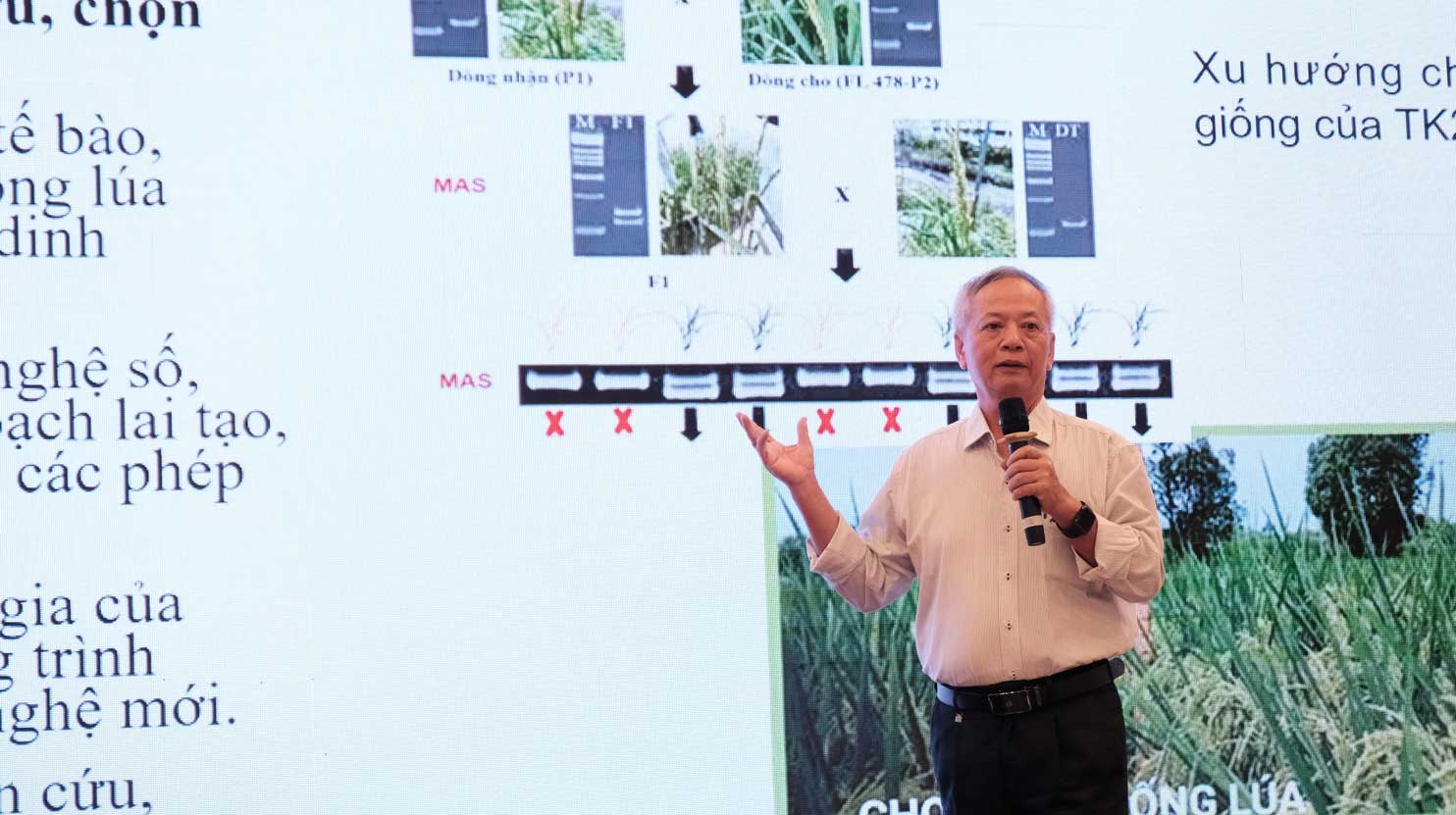
From 2010 to 2020, with the strong development of biotechnology, gene technology, cell technology... target genes such as quality, resistance to pests, salinity, and flooding, have been localized and successfully transferred to generations and varieties.
From 2020 to present, research on selecting rice varieties has begun to apply deeper genetic technology, editing genes on rice varieties with results and continues to be tested for production.
According to statistics presented at the seminar, currently, in the North, the legitimate breed production system (enterprises, breeding centers) meets about 80% of the demand for sown rice seeds (about 2.4 million hectares/year, equivalent to about 65 - 70 thousand tons of seeds/year). The remaining farmers produce and transfer crops themselves.
Meanwhile, in the Mekong Delta, the regular breeding system meets about 45% of the sowing demand (about 4.0 million hectares, sowing is equivalent to about 180 - 200 thousand tons of seeds/year); the household system (cooperative groups, cooperatives) produces about 25% (equivalent to about 90 - 100 thousand tons of rice seeds/year); the rest are autonomous farmers.
Faced with that reality, Mr. Tran Xuan Dinh proposed a number of orientations for technology development in rice production such as rapid application of cell technology and gene technology to create fragrant, quality rice varieties, nutritious rice varieties, low emissions; Research on the application of digital technology, artificial intelligence (AI) in shaping breeding plans, selecting and performing breeding techniques as well as performing cross-ultural cooperation; Public-private partnership and participation of the private sector in research programs applying new technology; Innovation of research equipment, selecting breeding techniques...
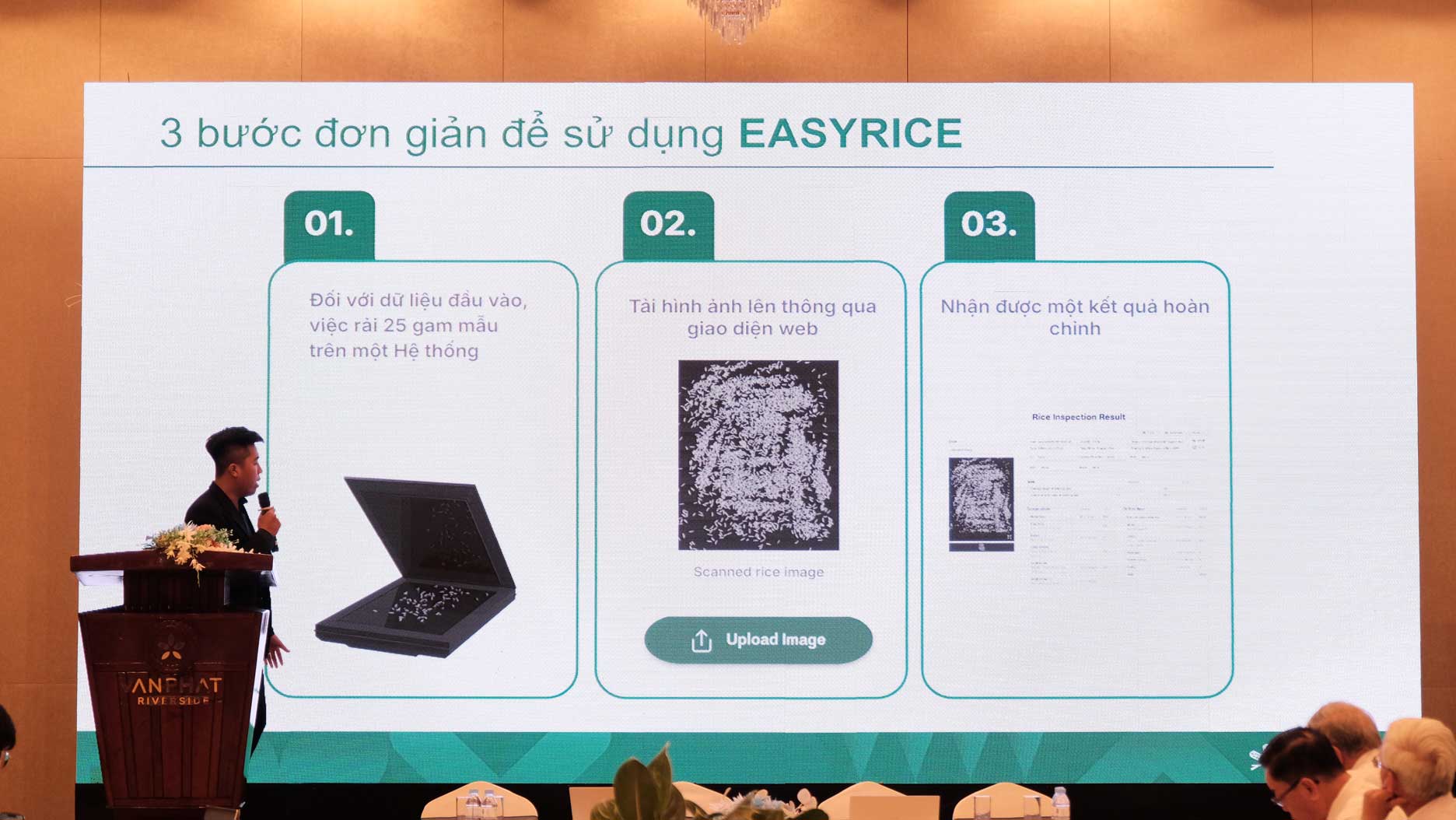
At the seminar, representatives of the companies introduced many new technologies such as technology to test and certify the purity of rice seeds using AI; new generation classification technology: Combining AI and filter floors... Thereby, attracting the attention and appreciation of experts, businesses, managers to cooperatives, cooperative groups...
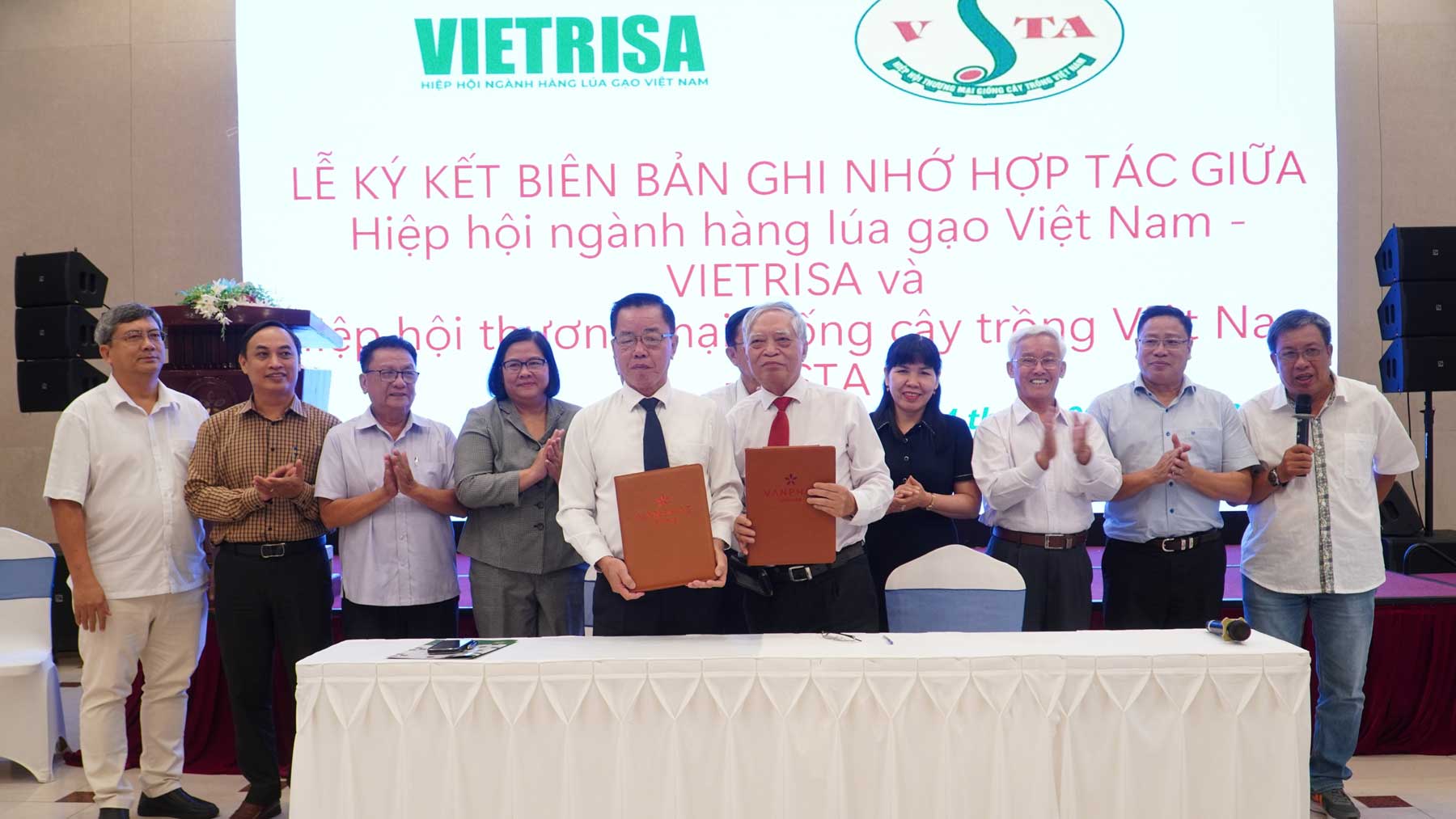
Within the framework of the discussion, the Vietnam Rice Industry Association and the Vietnam Crop Seed Trading Association signed a memorandum of understanding on cooperation between the two units. With its own strengths, the signing of the two associations will contribute to helping the rice production environment in the country in general and the Mekong Delta in particular to become better and better.



